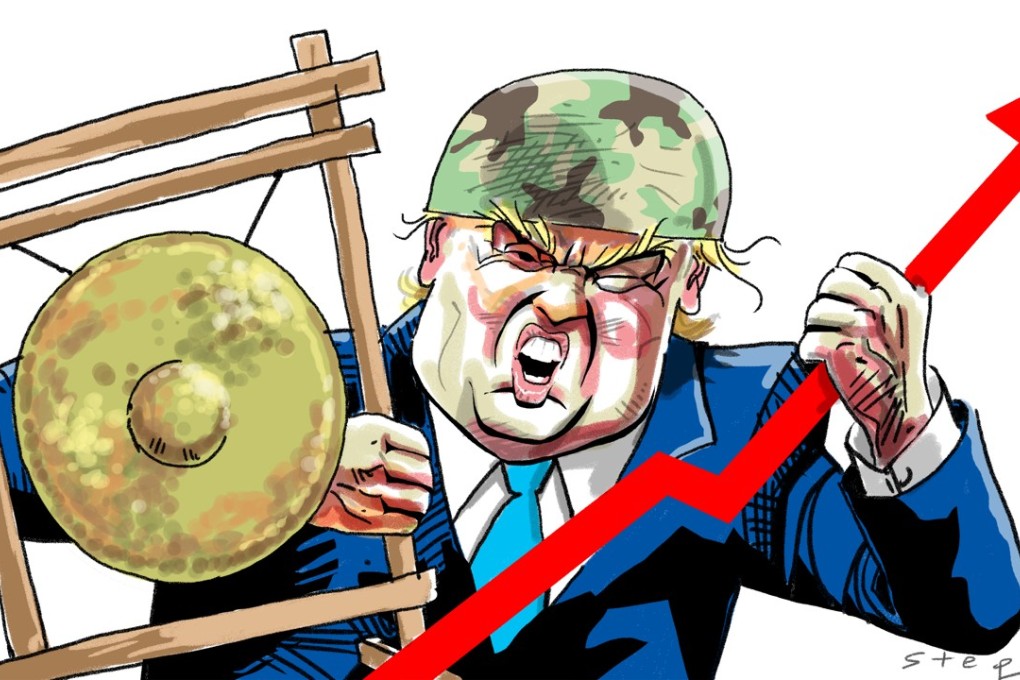The US is preparing for a trade war with China – don’t be fooled by the noise
Scott Kennedy says America’s new tools to exert regulatory pressure on China weren’t ready when Donald Trump touched down in Beijing, so he brought out the gongs to distract the world audience. But all-powerful Xi Jinping may have other ideas

There was widespread relief among Chinese businesspeople and officials I met this past week. They almost uniformly believe that the commercial agreements and personal camaraderie mean the relationship has been stabilised: thanks to the emergence of Trump’s true self as a deal maker, the education he has received from the American political and business establishment, and China’s own beneficent patience.
Donald Trump joins Xi Jinping in the Forbidden City
Nothing could be further from the truth. My sense is that we are on the cusp of a new American strategy in which Washington replaces dialogue and multilateralism with extended unilateral pressure.
We are on the cusp of a new American strategy which replaces dialogue and multilateralism with extended unilateral pressure
Since then, the Trump administration has been moving systematically to put the regulatory pieces in place so that it can credibly threaten China with limits on its exports, investment and other elements of the relationship.
These tools were simply not ready by the time Trump descended from Air Force One in Beijing, and so out came the gongs to distract the world audience. And Trump would certainly feel within his rights to pocket these deals without giving China any reassurances, since that is the administration’s view of how China plays ball.
When a Chinese official announced that China had loosened investment restrictions in its financial sector, which the US had been seeking for over a decade, Trump had already jetted off and did not even send a stand-in from the embassy or a thank-you note.